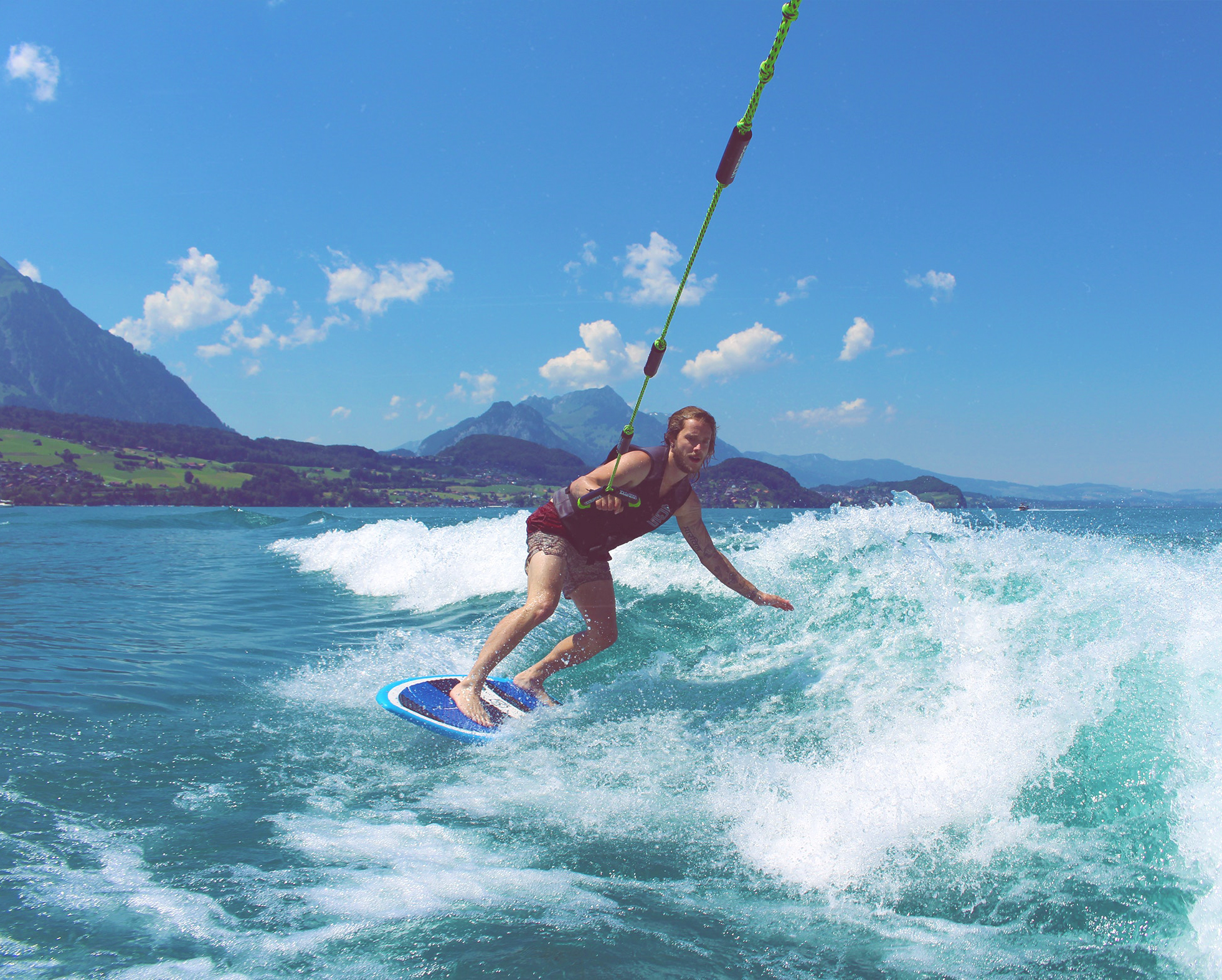

Sunscreen is a topical product used to protect your skin from dangerous UVA and UVB rays that you may be exposed to by being in the sun. But what does sun mean? Being exposed to the sun doesn’t have to mean the beach, heat and palm trees. Counterintuitively the sun and UV rays can be more intense at higher altitudes and can be twice as bad for your skin when reflected by reflective surfaces, such as the snow. Safe when it’s overcast? Against popular belief, the sun can be equally dangerous when it is overcast, as UV rays have no trouble penetrating layers of precipitation and clouds, in combination with individuals wearing less protective products when believing they’ll be safe from the rays. Areas of your body that are not covered by clothing, are especially at risk of subjected to large amounts of UV rays and over time can suffer the consequences. Sun damage of the skin is difficult to reverse at best, and often not a possibility. Extreme dangers of sunshine and UV rays are skin cancer and abnormalities, which are all preventable to a certain extent if you stay on top of using men’s sunscreen.
Sun… Duh.
Let’s state the obvious here – in the sun, you are going to need protection from UV rays. Whether it is 95 degrees or 55, if it is sunny out you better use your sunscreen. We want you to soak up the rays, and take advantage of blue skies – but do so safely. Even at a minimal rate, repetitive sun exposure without sun protection can lead to dark spots, hyperpigmentation, wrinkles, freckles, and other unpleasant side effects. The sun in combination with higher temperatures can have further negative impacts on your skin. The sun dries out the skin, and also contributes to it losing most of its nutrients. Why would you risk aging double as fast, when you could just use men’s sunscreen and prevent the lines, wrinkles, and loss of elasticity.
Rainy and Overcast Weather
During the rain and when the skies are overcast, the UVA and UVB rays still penetrate through the clouds. Therefore, the thought that you don’t have to wear sunscreen during rainy days is a misconception. If you want to protect your skin from premature aging, loss of elasticity and risks of skin cancer, you should always consider wearing sunscreen whenever going outdoors, regardless of the weather. Aside from the sun protection aspect of sunscreen, there are many different benefits of men’s sunscreen that can benefit your skin in a daily skin care regimen.
In the Snow and the Cold
In the snow, the skin should always be protected with sunscreen, specifically with a higher sun protective factor. There are many different factors that play into the increased possible skin damage in the snow and cold climates. For one, the snow reflects UV rays and bounces them back to your skin, in addition to the ones already being absorbed by your skin in the first place. In addition, often the snow is associated with winter sports, high altitudes, and chilling winds. In higher altitudes, the UV ray intensity increases as the atmosphere decreases in density, and the angle of the sunlight changes. UV ray exposure increases approximately 4% for every 1000 foot increase in elevation. Therefore, not only in snow, but specifically when in higher altitudes or engaging in winter sports, men’s sunscreen should be used frequently.
When snowboarding, skiing or engaging in other outdoor activities in the snow, make sure to apply your men’s sunscreen frequently, as it can easily wear off faster when you are perspiring. In order to maintain flawless protection from the sun, men’s sunscreen should be applied every 2-3 hours. Men’s sunscreen is not only beneficial for protection against UV rays, but if the correct product is purchased, it is also nourishing, has anti-aging benefits and offers additional benefits. One of the main ingredients helping your skin with a little pick me up is Vitamin C. It’s not only in orange juice, but it is also in Jacket men’s Sunscreen – concentrated and ready to give your skin the help it needs to stay on point.
Should I Wear Sunscreen When It’s Windy?
Cold winds can severely dehydrate your skin, and rob it of its regular appearance. During repetitive exposure to cold winds, skin can become ashy and so severely dry, become red, itchy and start cracking. During cold winds, it is not only important to protect your skin with men’s sunscreen due to the UV exposure, but also to retain the moisture and rehydrate with ingredients in the product. Ingredients such as aloe, pomegranate, green tea extract, and sunflower seed oil have extensive benefits beyond sun protection.
The Uv Index Is Low – Am I Good to Go?
The weather app shows a low UV index, you think you’re good to go? No. Even though the UV index may be slightly lower, the rays can still damage your skin significantly early on or later in the day. The UV rays are consistently the same intensity throughout the day for the most part – you are only really safe when the sun is no longer out. Men’s sunscreen should be applied consistently and frequently throughout the entire day.
In any event – or weather that is, men’s sunscreen should be your go-to and an important part of your daily routine. Whether it is in the sun, snow, wind, hot or cold – UV rays don’t sleep and neither should you when it comes to protecting your skin. There is nothing to lose when the product also doubles as an anti-aging cream and moisturizer. All different elements and temperatures can take a toll on your skin, in their own way. Make sure you cover all your bases, your skin is at stake. No matter what weather, keep it safe and slather it on, bro.